BBA Kya Hota Hai
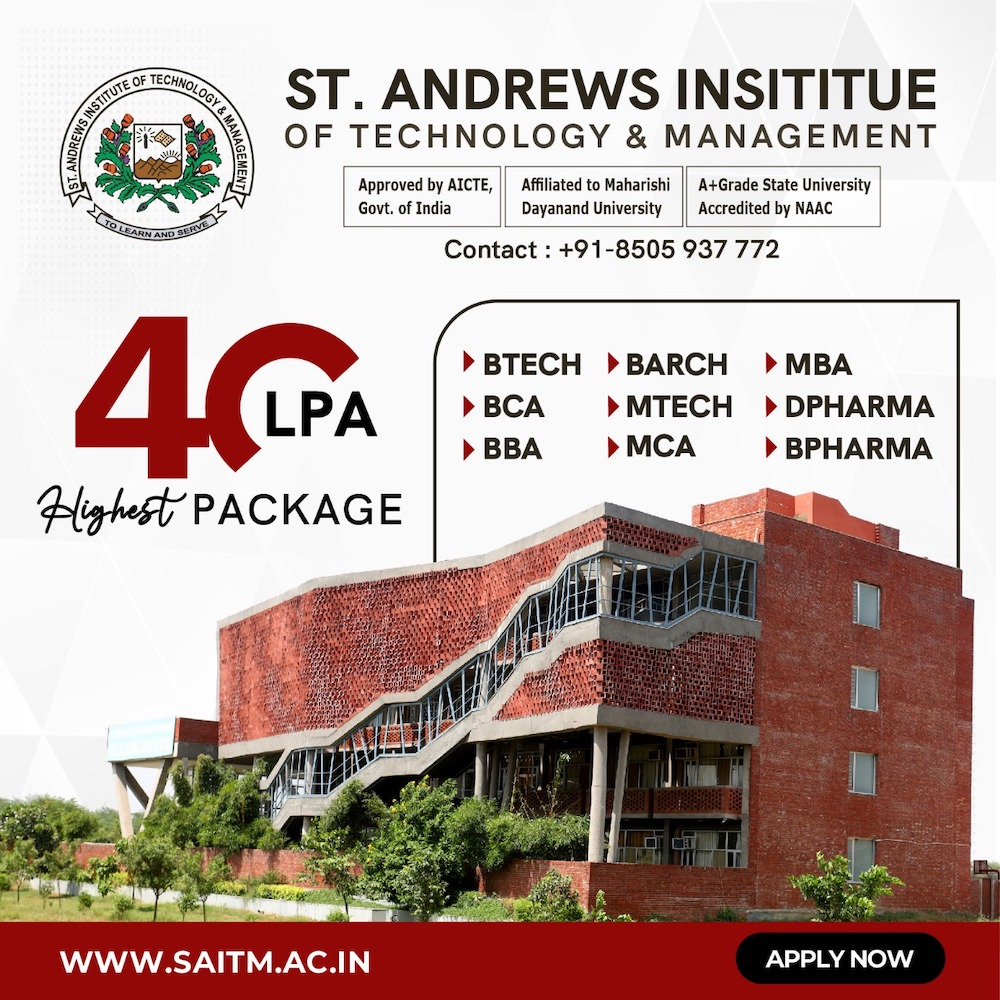
Yeh ek undergraduate degree program hai jo business aur management ke various aspects ko cover karta hai, jise “Bachelor of Business Administration” kehte hain, ya phir jise aam taur par “BBA kya hota hai” ke roop mein jana jata hai. Isme students ko business administration, accounting, finance, marketing, aur management ke fundamental concepts sikhaye jaate hain. BBA course usually 3 saal ka hota hai aur isme practical skills develop karne ka bhi emphasis hota hai taki students industry mein successful professionals ban sake.
Overview of the BBA Course

The BBA program is an undergraduate program designed to provide students with a comprehensive understanding of various aspects of business and management.
It typically takes four years to complete, though some institutions offer accelerated programs that can be completed in three years.
The BBA curriculum includes various courses in business management, such as finance, accounting, marketing, management, economics, human resources, operations management, and organizational behavior.
Here’s an overview of the key components of a typical BBA program:
Core Business Courses
These courses provide a foundational understanding of fundamental business concepts and principles. They often cover topics such as business ethics, business communication, business law, and quantitative business methods.
Major Concentration
Many BBA programs allow students to choose a specific area of focus within the field of business. Common concentrations include finance, marketing, management, accounting, international business, entrepreneurship, and supply chain management. Students typically take advanced courses in their chosen concentration to develop specialized knowledge and skills.
General Education Requirements
Like other undergraduate degrees, BBA programs often include general education courses in English, mathematics, natural sciences, social sciences, and humanities. These courses provide students a well-rounded education and help develop critical thinking, communication, and problem-solving skills.
Internships and Experiential Learning

Many BBA programs incorporate internships, co-op programs, or other forms of experiential learning to provide students with real-world business experience. These opportunities allow students to apply their classroom knowledge professionally, gain valuable skills, and make connections in the business world.
Elective Courses
In addition to core business courses and major concentration requirements, BBA courses often include elective courses that allow students to explore specific areas of interest or broaden their knowledge in related fields.
Capstone Project or Senior Seminar
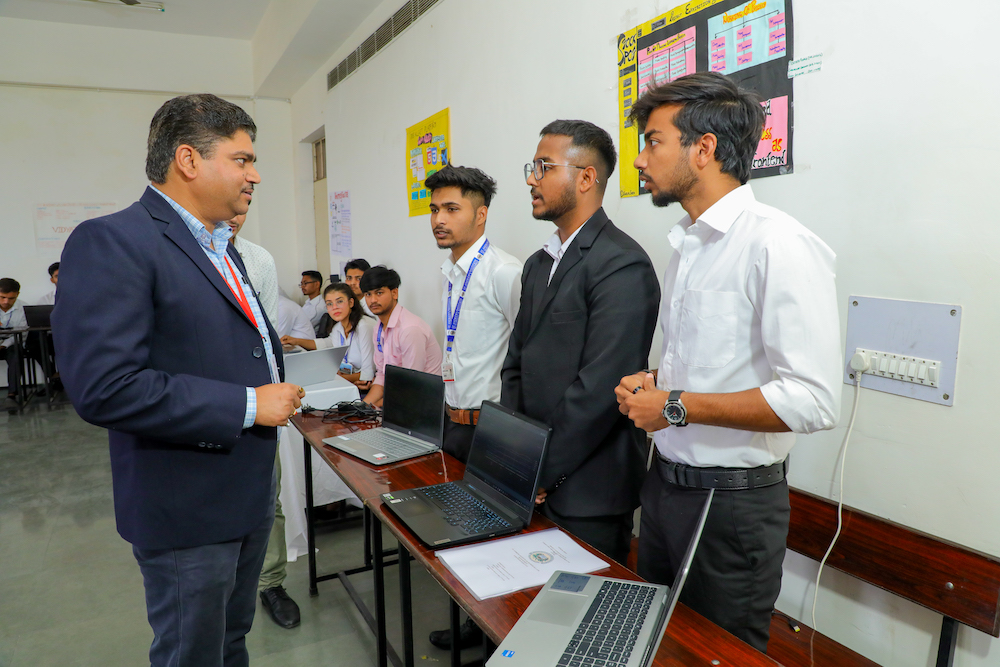
Some BBA programs require students to complete a capstone project or senior seminar in their final year. This project typically involves integrating knowledge and skills acquired throughout the program to solve a real-world business problem or complete a comprehensive research project.
Some of the most opted courses in India and St. Andrews college or different Engineering college or Management colleges are as follows:-
- Btech
- Btech CSE
- Btech ETCE
- MTech
- BCA
- BBA
- MBA
- MCA
- DPharma – St. Andrews College of Pharmacy
- BPharma – St. Andrews College of Pharmacy
- BArch – St. Andrews College of Architecture
Core Subjects Covered in BBA Programs

When you pursue BBA, you’ll delve into a variety of core subjects designed to offer a complete understanding of the many dimensions of business and management. The particular courses you encounter may differ based on the institution and the specifics of each program.
Here are some common core subjects covered in BBA programs:
Introduction to Business

This course provides an overview of fundamental concepts and principles of business, including the different types of businesses, organizational structures, and basic functions such as marketing, finance, operations, and human resources.
Accounting
Courses in accounting cover topics such as financial accounting, managerial accounting, and basic accounting principles. Students learn how to prepare and analyze financial statements, understand financial transactions, and make informed business decisions based on financial data.
Finance

Finance courses cover principles of financial management, investment analysis, corporate finance, and financial markets. Students learn about financial instruments, risk management, capital budgeting, and other topics related to managing and investing money in a business context.
Marketing
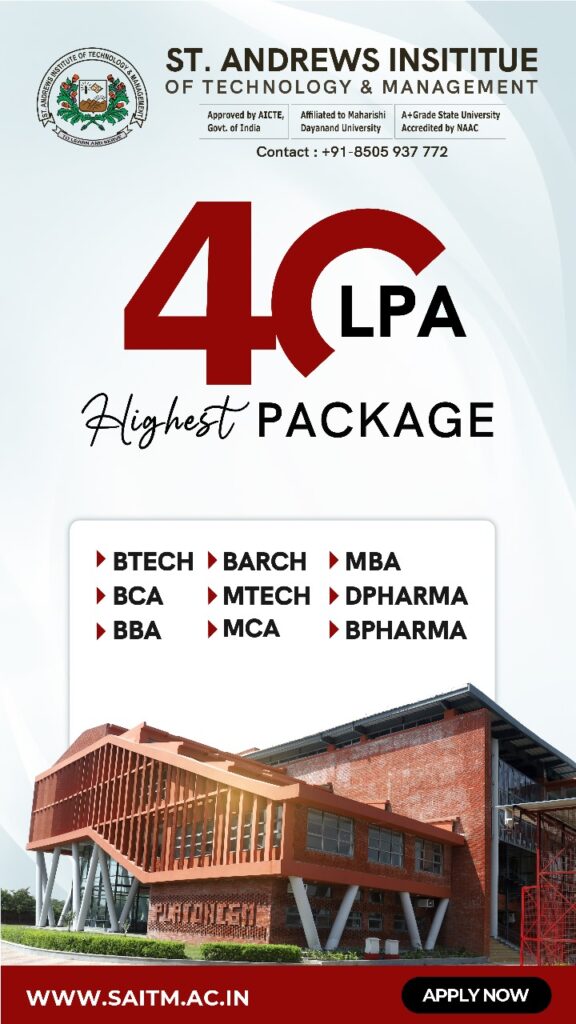
Marketing courses focus on understanding customer needs and preferences, developing marketing strategies, branding, advertising, pricing, distribution, and sales. Students learn how to conduct market research, analyze consumer behavior, and create effective marketing campaigns.
Management
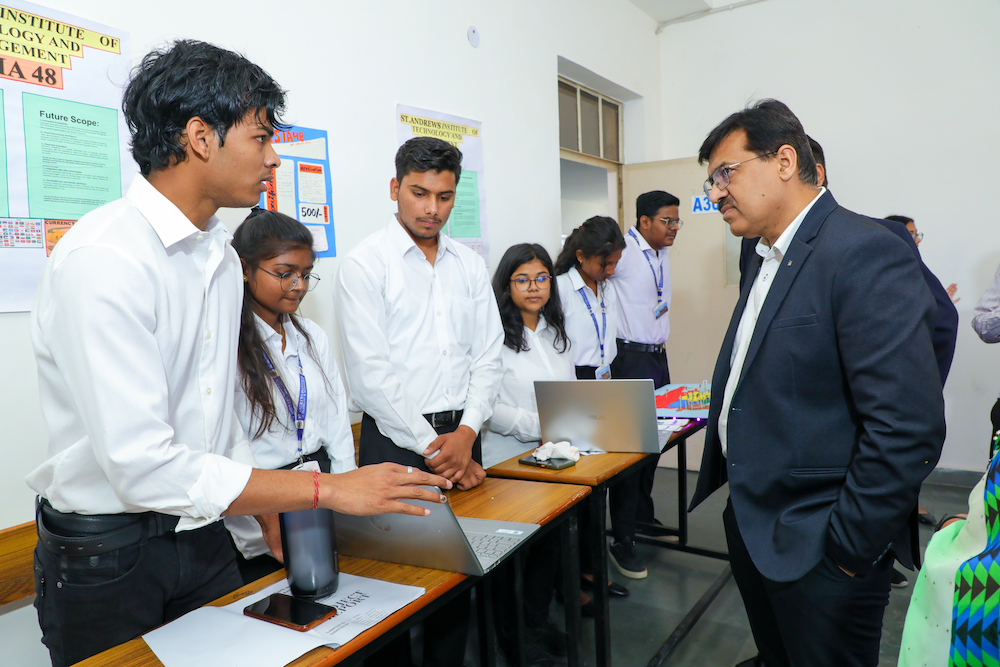
Management courses cover principles of organizational behavior, leadership, strategic management, and project management. Students learn how to effectively lead and manage teams, make strategic decisions, and solve complex organizational problems.
Economics
Economics courses introduce students to microeconomic and macroeconomic principles and theories. Topics covered may include supply and demand, market structures, economic indicators, government policies, and global economic issues.
Business Law and Ethics

Courses in business law cover legal principles and regulations relevant to businesses, such as contracts, torts, intellectual property, employment law, and regulatory compliance. Business ethics courses explore ethical issues and dilemmas faced by businesses and managers.
Quantitative Methods for Business
These courses cover statistical analysis, quantitative techniques, and data analysis methods used in business decision-making. Students learn how to use tools such as spreadsheets, statistical software, and mathematical models to analyze data and solve business problems.
Information Technology

Courses in IT cover topics such as computer systems, software applications, database management, information security, and emerging technologies relevant to business operations and management.
Communication Skills

Effective communication is essential in the business world. BBA programs often include courses or modules focused on written and oral communication skills, including business writing, presentation skills, and interpersonal communication.
Duration and Structure of BBA Programs

In India, BBA programs typically follow a structure that aligns with the norms of higher education in the country.
Here’s an overview of the duration and structure of BBA programs in India:
Duration
In India, colleges offering BBA programs typically provide a three-year course. However, some colleges also feature integrated BBA programs that merge undergraduate and postgraduate studies, extending the duration to four or five years.
Semester System
In India, BBA programs, as part of professional studies, are structured around a semester system. An academic year is segmented into two semesters, often called odd and even semesters, with each spanning approximately 16 to 18 weeks. This duration encompasses instructional periods, examinations, and breaks.
Credit Hours
BBA programs in India require students to complete a certain number of credit hours to graduate. The total number of credit hours varies depending on the institution and curriculum but typically ranges from 120 to 150 credits over the three-year duration.
Core Curriculum
BBA programs include a core curriculum consisting of required courses that cover foundational business principles and practices. These core courses typically include subjects such as accounting, finance, marketing, management, economics, business law, statistics, and information technology.
Electives
Some BBA programs in India may offer elective courses that allow students to specialize in specific areas of interest or develop additional skills beyond the core curriculum. Electives may include courses in areas such as human resource management, entrepreneurship, international business, operations management, or business analytics.
Internships/Projects

Many BBA programs in India incorporate internships, industrial visits, or projects to provide students with practical exposure to the business world. These opportunities may be arranged during semester breaks or as part of the regular curriculum. Students may be required to complete a certain number of weeks or months of internship or project work to fulfill graduation requirements.
Assessment
Assessment in BBA programs typically includes a combination of internal assessments (such as quizzes, assignments, presentations, and end-of-semester examinations. Some programs may also require students to complete a final project or dissertation in their third year.
Industry Interaction

To enhance students’ understanding of real-world business practices, many BBA programs in India organize guest lectures, seminars, workshops, and industry visits. These activities provide students with opportunities to interact with professionals, gain insights into industry trends, and network with potential employers.
Capstone Experience
Some BBA programs may culminate in a capstone experience, such as a comprehensive project, research paper, or business plan, where students demonstrate their integration of knowledge and skills acquired throughout the program.
Importance of Practical Skills Development
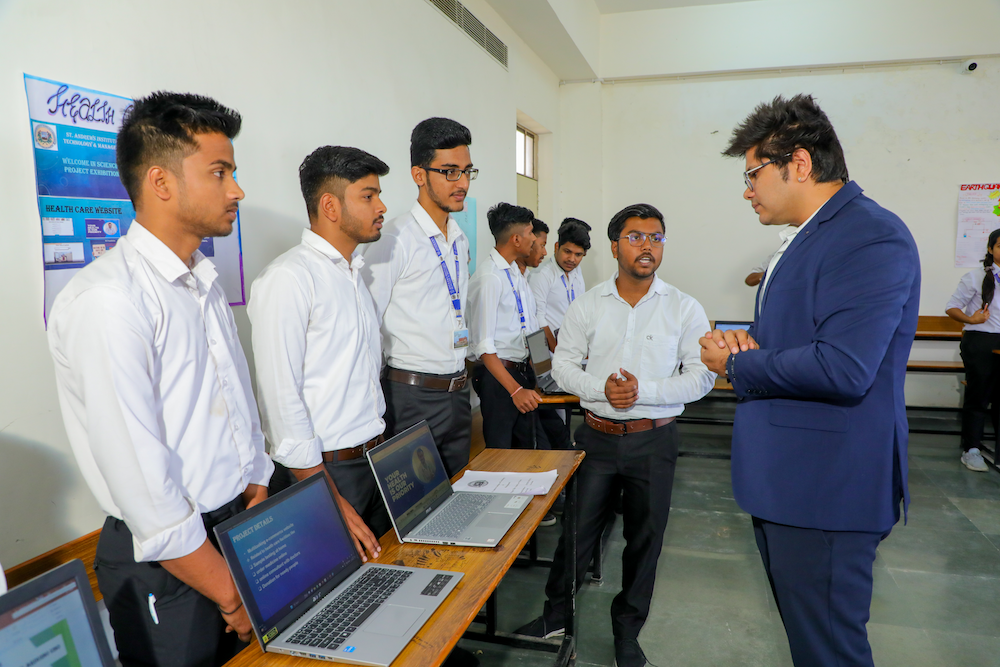
Practical skills development is paramount in BBA programs due to several key reasons:
Application of Theory
It allows students to apply theoretical knowledge acquired in classrooms to real-world scenarios, enhancing their understanding and problem-solving abilities.
Enhanced Employability
Practical skills make individuals with a BBA course more attractive to employers, as they possess the abilities needed to contribute effectively to organizations from day one.
Skill Set Diversification
Beyond theoretical knowledge, practical skills such as communication, teamwork, and leadership are honed, making graduates well-rounded professionals.
Networking Opportunities

Practical experiences provide students with valuable networking opportunities, helping them build connections with industry professionals for future career prospects.
Experiential Learning
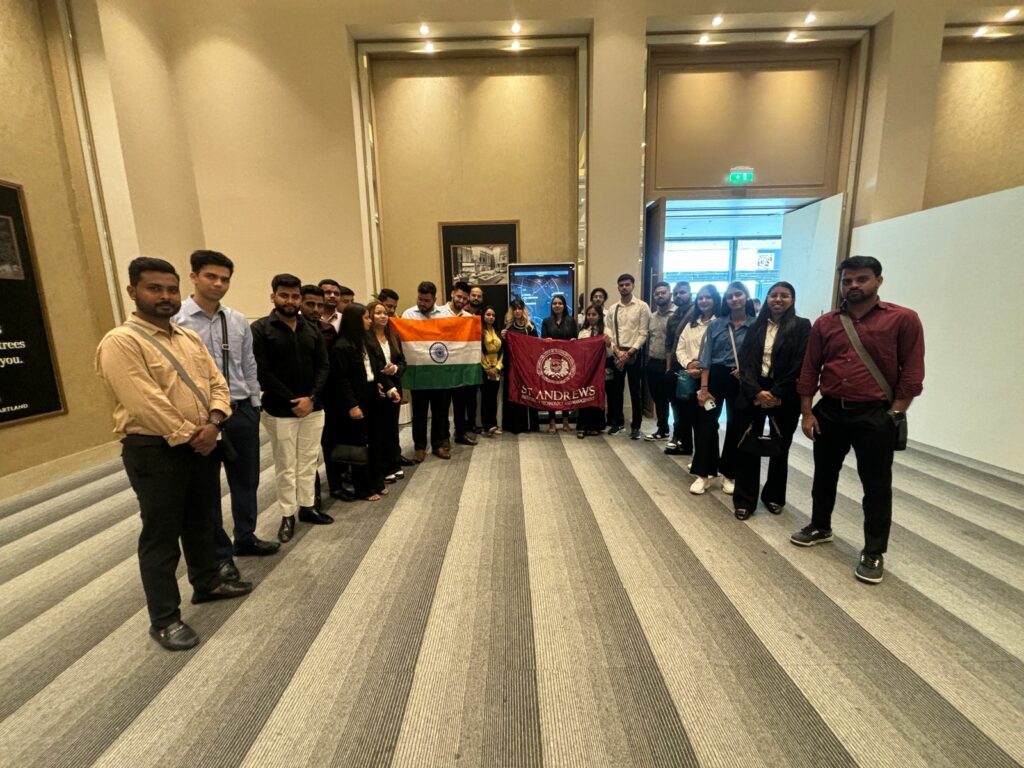
Hands-on experiences, like internships and projects, offer dynamic learning environments where students can actively engage with course material, fostering deeper understanding and skill development.
Preparation for Leadership Roles
Practical experiences empower students to develop leadership skills, preparing them for future managerial or entrepreneurial roles in the business world.
Career Opportunities with a BBA Course
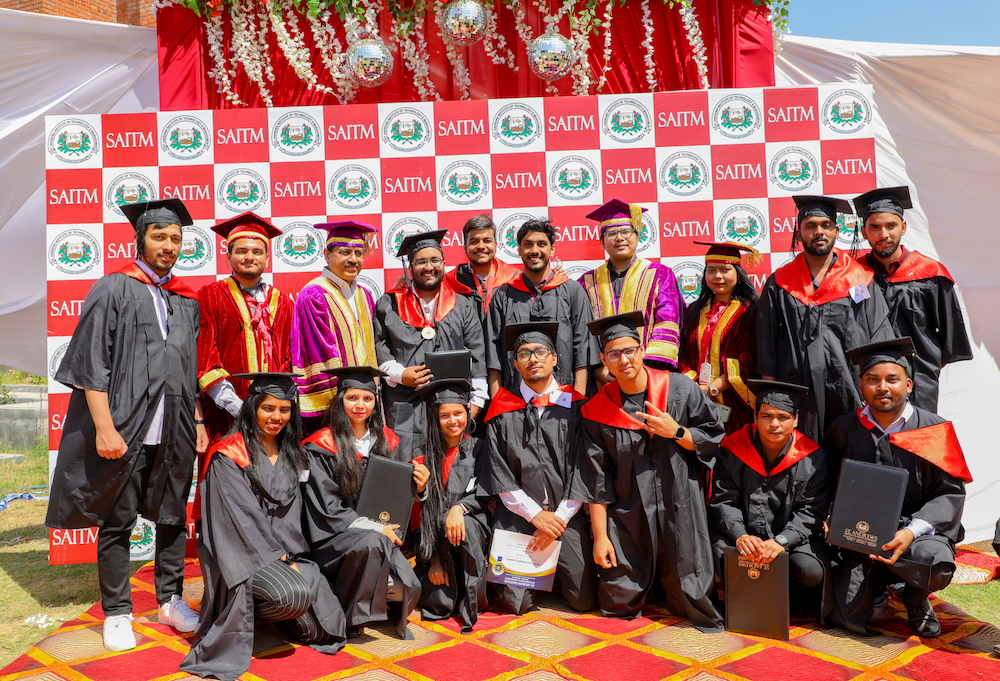
A BBA course opens up a wide range of career opportunities across various industries.
Some common career paths for BBA graduates include:
Management Roles
Graduates can pursue entry-level management positions in areas such as sales, operations, human resources, and project management. With experience, they can progress to higher-level managerial roles.
Finance and Banking
Individuals with a BBA program can work in roles such as financial analyst, investment banker, financial planner, or loan officer in banks, financial institutions, or corporate finance departments.
Marketing and Advertising

Opportunities exist in marketing research, brand management, advertising, digital marketing, and public relations roles within advertising agencies, marketing firms, or corporate marketing departments.
Consulting
BBA Alumni can work as consultants, providing expertise to businesses in areas such as strategy, operations, finance, marketing, or human resources.
Entrepreneurship

With a solid understanding of business principles, BBA course can start their businesses or ventures, pursuing opportunities in various industries.
Supply Chain and Logistics

Graduates can work in roles related to supply chain management, procurement, inventory management, or logistics coordination in manufacturing, retail, or transportation companies.
Human Resources
Opportunities exist in HR roles such as recruitment, training and development, employee relations, and compensation and benefits administration in various organizations.
International Business

Individuals with a focus on international business within a BBA program can pursue careers in global companies, multinational corporations, or international trade and development organizations.
Admission Process of Top BBA Colleges in Delhi
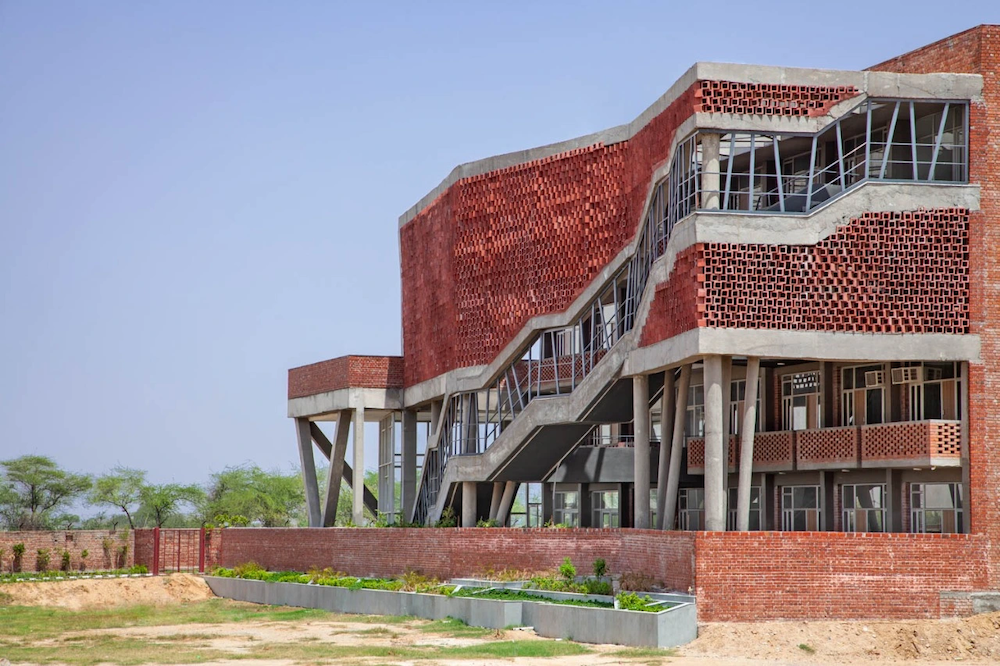
The admission process for top BBA colleges in Delhi varies slightly from one institution to another but generally follows a similar pattern.
Here’s an overview of the typical admission process for BBA programs in some of the best colleges:
Eligibility Criteria
Candidates must meet the eligibility criteria set by the respective colleges, which usually include passing the 10+2 examination from a recognized board with a minimum aggregate percentage. Some colleges may also have specific subject requirements.
Application Form
Interested candidates need to fill out the application form for the BBA course of their choice. This can usually be done online through the college’s official website or offline by obtaining the application form from the college campus or designated centers.
Entrance Exam
Many top BBA colleges in Delhi conduct their entrance exams for admission to the BBA program. The exam may test candidates’ aptitude, logical reasoning, quantitative ability, and English language skills. Examples of such exams include the SSCBS Entrance Exam for BBA (FIA) and the IPU CET (Indraprastha University Common Entrance Test).
Merit-based Admission
Some colleges offer admission based on merit, considering the candidate’s performance in the qualifying examination (10+2) along with other criteria such as extracurricular activities, work experience, or personal interviews.
Counseling/Interview
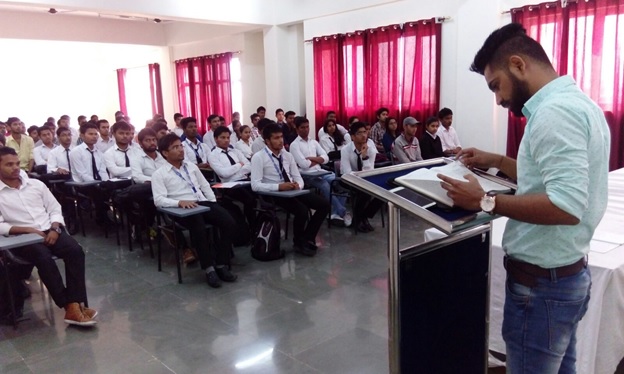
Shortlisted candidates may be called for counseling sessions or interviews as part of the admission process. This allows the college to assess the candidate’s suitability for the program and may also involve discussions about career goals and aspirations.
Final Selection
Based on the performance in the entrance exam (if applicable), academic qualifications, and performance in interviews or counseling sessions, final selections are made. Selected candidates are then notified of their admission and provided with further instructions regarding enrollment procedures, fee payment, and other formalities.
Seat Reservation
Some colleges may also have seat reservation policies based on categories such as caste, gender, or domicile, as per government regulations.
Top BBA Colleges in Delhi
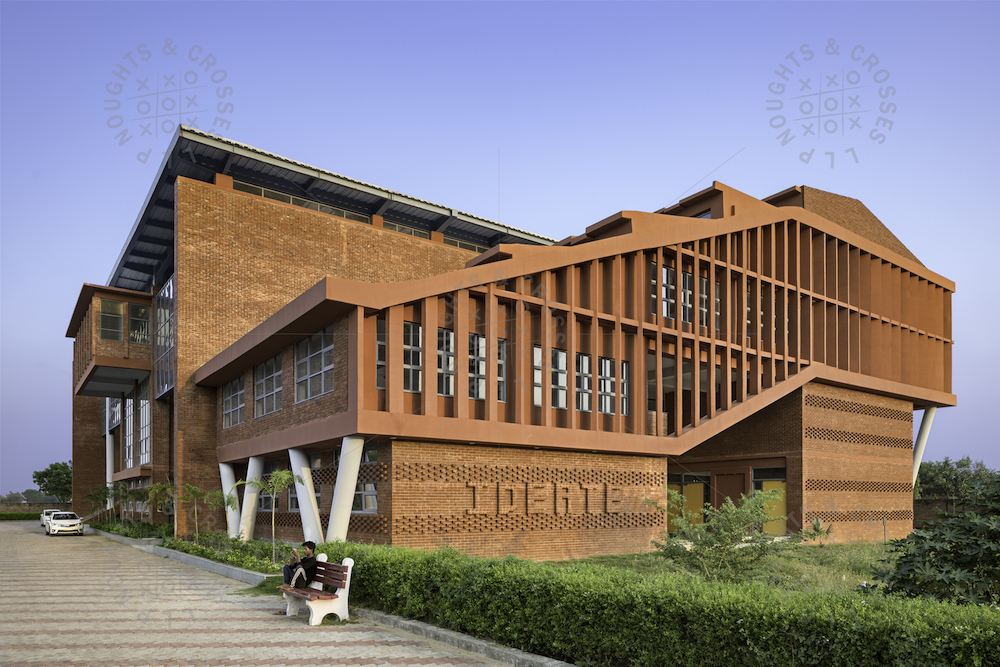
Delhi is home to several prestigious institutions offering BBA programs. Here are some of the top BBA colleges in Delhi:
Shaheed Sukhdev College of Business Studies (SSCBS)
Affiliated with DU, SSCBS is renowned for its BBA (Financial Investment Analysis) program. It’s highly selective and offers a rigorous curriculum with a focus on finance and investment analysis.
Guru Gobind Singh Indraprastha University (GGSIPU)
GGSIPU offers a BBA course through various affiliated colleges. The curriculum emphasizes practical skills development and includes internships and industry exposure.
St. Andrews Institute of Technology and Management (SAITM)
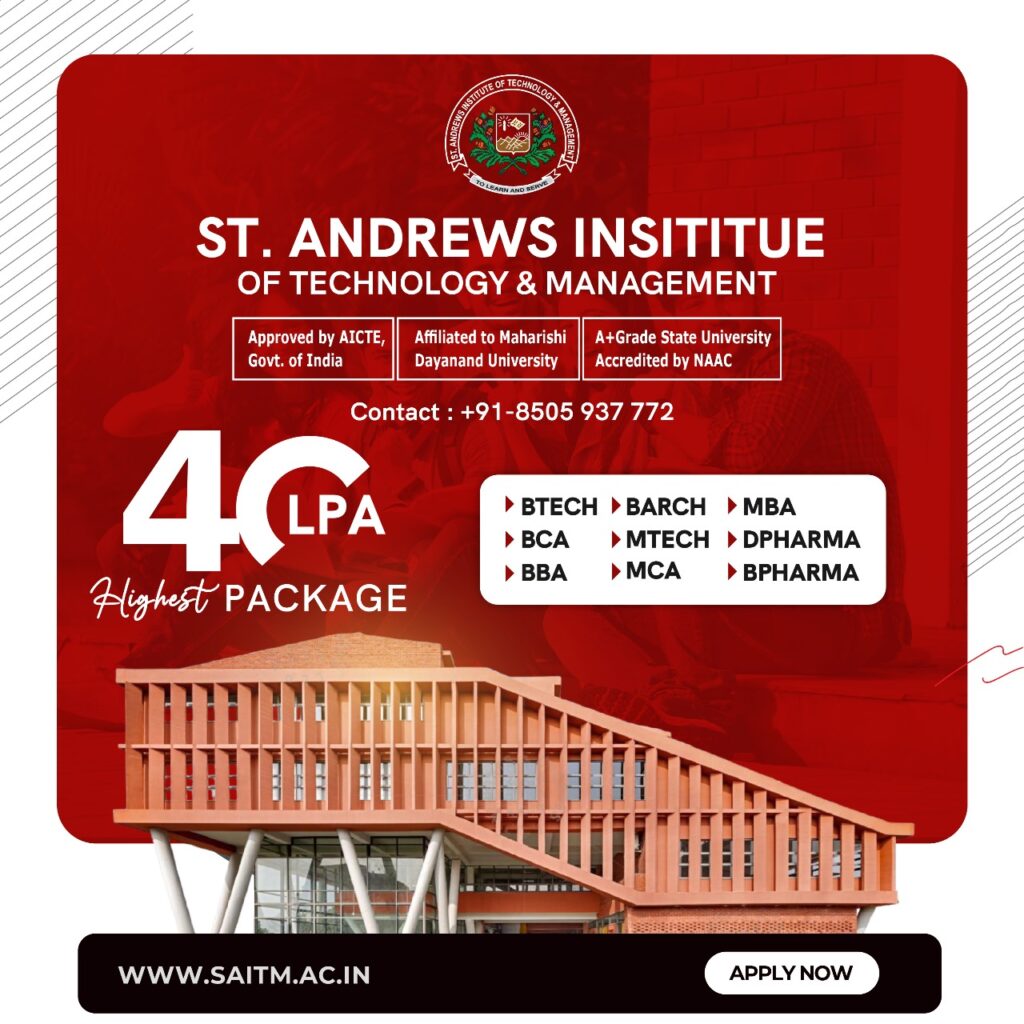
The BBA program at St. Andrews Institute of Technology and Management, located near Delhi, is designed to mold future leaders in the business world. Offering a comprehensive curriculum that spans management, marketing, finance, and entrepreneurship, the program combines theoretical knowledge with practical applications, ensuring students are well-equipped to navigate the complexities of the global business environment.
Lal Bahadur Shastri Institute of Management (LBSIM)
LBSIM offers a BBA program with a focus on entrepreneurship and innovation. The curriculum is designed to develop students’ entrepreneurial mindset and leadership skills.
Jagan Institute of Management Studies (JIMS)
JIMS offers a BBA program with specializations in areas such as finance, marketing, and human resource management. The institute focuses on practical learning through industry projects and internships.
New Delhi Institute of Management (NDIM)
NDIM offers a BBA program with a focus on global business management. The curriculum includes courses on international business, cross-cultural management, and global marketing.
International College of Financial Planning (ICoFP)
ICoFP offers a BBA program with a specialization in financial planning. The curriculum is designed to prepare students for careers in financial services, wealth management, and financial planning.
BBA Course Fees In Delhi

The course fees for Bachelor of Business Administration (BBA) programs in Delhi can vary significantly depending on various factors such as the reputation of the institution, infrastructure, faculty, facilities provided, and whether the college is public or private.
Here’s a general range of BBA course fees in Delhi:
Public Institutions
BBA programs offered by public institutions like the University of Delhi (DU) or Guru Gobind Singh Indraprastha University (GGSIPU) generally have lower tuition fees compared to private colleges. The annual fees for BBA programs in public institutions can range from approximately ₹10,000 to ₹50,000 for Indian residents.
Private Institutions
Private colleges tend to have higher tuition fees for BBA programs. The annual fees for BBA programs in private institutions in Delhi can vary widely, ranging from approximately ₹50,000 to ₹3,00,000 or more, depending on factors such as the college’s reputation, facilities, and location.
Additional Costs
In addition to tuition fees, students may also need to budget for other expenses such as hostel accommodation (if applicable), textbooks, study materials, transportation, and living expenses.
Scholarships and Financial Aid
Many colleges offer scholarships, fee waivers, or financial aid programs to eligible students based on academic merit, financial need, or other criteria. Students are encouraged to explore these options to offset their educational expenses.
Fee Structure
BBA course fees may be structured differently across colleges, with some colleges charging annual fees while others may have semester-wise or trimester-wise fee structures. It’s important for students to carefully review the fee structure of the colleges they are interested in and understand any additional charges or expenses.
BBA Colleges in Delhi Placement Wise

Several BBA colleges in Delhi have strong placement records, with many students securing promising job opportunities in various industries. Individual placement records can vary from year to year.
Here are some best BBA colleges in Delhi known for their placement success:
Shaheed Sukhdev College of Business Studies (SSCBS)
SSCBS, affiliated with the University of Delhi, has a stellar placement record. Its BBA (Financial Investment Analysis) program boasts high placement rates, with students placed in top companies in the finance and consulting sectors.
Guru Gobind Singh Indraprastha University (GGSIPU)
GGSIPU-affiliated colleges, such as Maharaja Agrasen Institute of Management Studies (MAIMS) and Vivekananda Institute of Professional Studies (VIPS), have consistently achieved good placement outcomes for their BBA completers. Companies across various industries actively recruit from these institutions.
Jagannath International Management School (JIMS)
JIMS, with its focus on practical learning and industry exposure, has a strong placement track record for its BBA program. Students are placed in leading companies in sectors such as finance, marketing, human resources, and consulting.
Lal Bahadur Shastri Institute of Management (LBSIM)
LBSIM offers a BBA program with a focus on entrepreneurship and innovation. The institute has a dedicated placement cell that facilitates internships and placements for students in reputed organizations.
New Delhi Institute of Management (NDIM)
NDIM offers a BBA program with a focus on global business management. The institute has a robust placement cell that organizes campus placements and internships with leading companies.
International College of Financial Planning (ICoFP)
ICoFP offers a BBA program with a specialization in financial planning. The institute has strong ties with the financial services industry, facilitating placements in reputed firms for its BBA achievers.
Dr. B. R. Ambedkar University Delhi Technological University
Dr. B. R. Ambedkar University and Delhi Technological University are both esteemed institutions in India, each offering a variety of programs, including the BBA.
The BBA program is designed to equip students with a comprehensive understanding of the business world, covering core aspects such as management, finance, marketing, and economics.
These universities strive to blend theoretical knowledge with practical skills, preparing students for the dynamic business environment.
How to prepare for the BBA Entrance exam
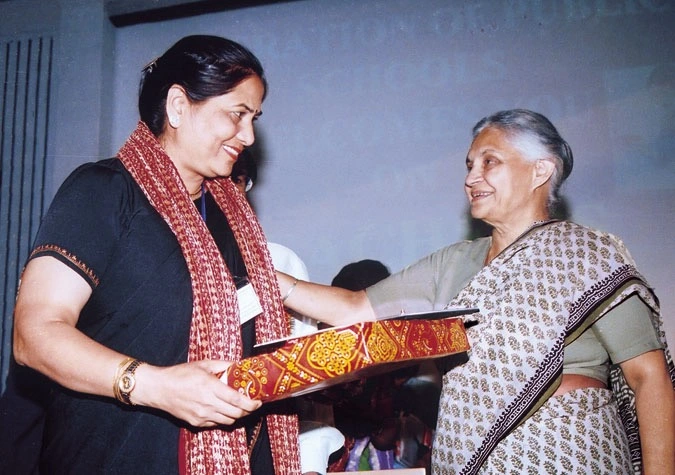
Preparing for BBA entrance exams requires a structured approach and dedication.
Here are some tips to help you prepare effectively:
Understand the Exam Pattern
Start by familiarizing yourself with the exam pattern, including the number of sections, types of questions, marking scheme, and time duration. This will help you plan your preparation strategy accordingly.
Create a Study Schedule
Develop a study schedule that allocates sufficient time for each section of the exam. Break down your preparation into smaller, manageable tasks and set realistic goals for each study session.
Focus on Basics
Review fundamental concepts in subjects like mathematics, English language, reasoning, and general awareness. Strengthen your foundation by practicing basic arithmetic, algebra, geometry, grammar rules, vocabulary, and comprehension skills.
Practice Regularly
Practice is key to success in entrance exams. Solve practice questions and previous years’ papers to familiarize yourself with the exam format and improve your speed and accuracy. Additionally, consider enrolling in online mock tests to simulate exam-like conditions and track your progress.
Work on Time Management
Time management is crucial during the exam. Practice solving questions within the stipulated time frame to improve your speed and efficiency. Learn to prioritize questions based on difficulty level and allocate time accordingly to maximize your score.
Stay Updated with Current Affairs
Stay informed about current events, national and international news, business developments, and important dates. Regularly read newspapers, magazines, and online news portals to stay updated with current affairs, as this knowledge is often tested in the general awareness section.
Seek Guidance
If you find certain topics challenging, don’t hesitate to seek guidance from teachers, mentors, or online resources. Joining coaching classes or online tutorials can also provide structured guidance and expert tips to improve your performance.
Stay Healthy and Positive
Maintain a healthy lifestyle by getting adequate sleep, eating nutritious food, and staying physically active. Stay positive and motivated throughout your preparation journey, and believe in your abilities to succeed in the exam.
FAQs
What do you become by doing BBA?
Completing a BBA provides a foundation in business principles, management techniques, and analytical skills.
This qualification prepares individuals for entry-level positions across diverse industries, including marketing, finance, human resources, operations, and sales.
BBA graduates often pursue roles such as management trainees, financial analysts, marketing specialists, or HR assistants. Additionally, the degree can serve as a stepping stone to further education, like an MBA, or entrepreneurship endeavors, enabling individuals to start and manage their businesses.
How many subjects are there in BBA?
The number of subjects in a BBA program can vary depending on the university and curriculum structure. However, a typical BBA program consists of approximately 35 to 40 subjects, covering areas such as accounting, economics, management, marketing, finance, operations, and business law.
How much does it cost to do BBA?
In India, the cost of pursuing a BBA degree varies depending on the institution and whether it is a government-funded or private university.
On average, tuition fees for a BBA program in India range from ₹50,000 to ₹2,00,000 per year. Additional expenses for books, supplies, accommodation, and living costs should also be taken into account.
What is the salary after doing a BBA?
In India, the salary after completing a BBA varies depending on factors such as the industry, job role, company, and individual experience.
Entry-level positions for BBA Alumni typically offer salaries ranging from ₹2.5 lakh to ₹5 lakh per annum. With experience and skill development, salaries can increase significantly, potentially reaching ₹10 lakh or more annually in managerial roles.
What are the fees of BBA in Delhi?
In Delhi, India, the cost of pursuing a BBA degree can fluctuate based on several factors, including whether the university is government-funded or private.
On average, annual tuition fees for BBA programs in Delhi typically fall between ₹50,000 and ₹2,00,000. It’s important to factor in additional expenses like books, supplies, accommodation, and living costs when planning for studies.
Which college has the lowest fees for BBA?
The college with the lowest fees for a BBA program can vary depending on the region and the specific year. However, some government-funded institutions or community colleges may offer BBA programs with relatively lower fees compared to private universities. It’s recommended to research and compare various colleges and universities to find the most affordable option that meets your academic and financial needs.
Which colleges have BBA in Delhi?
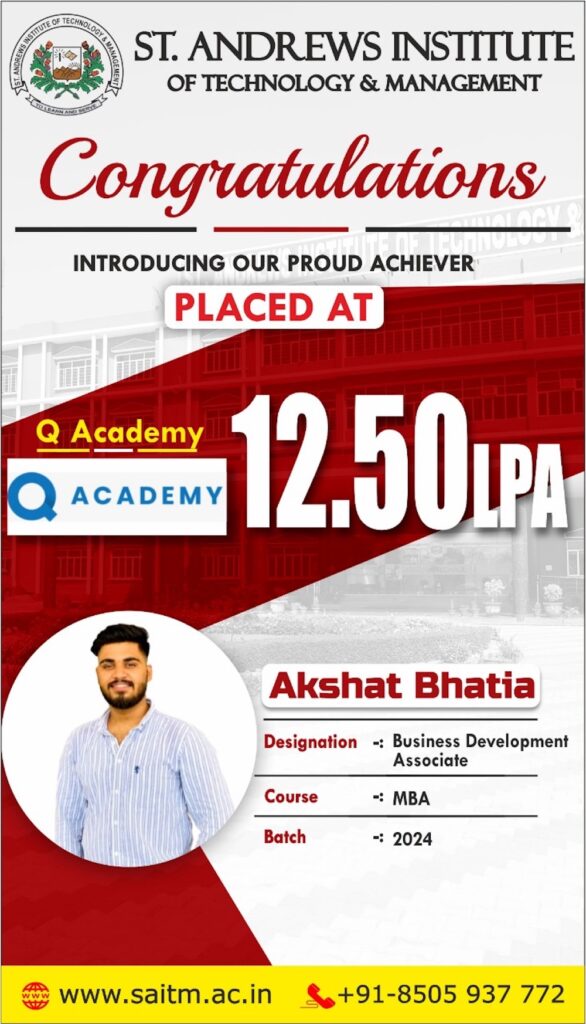
In Delhi, several colleges and universities offer BBA programs. Some prominent institutions offering BBA in Delhi include:
- University of Delhi (DU)
- Guru Gobind Singh Indraprastha University (GGSIPU)
- Jamia Millia Islamia (JMI)
- Maharaja Surajmal Institute of Technology (MSIT)
- Shaheed Sukhdev College of Business Studies (SSCBS)
- Jagan Institute of Management Studies (JIMS)
- Delhi School of Business (DSB)
Is BBA offered by DU?
Yes, the University of Delhi (DU) offers BBA programs. DU’s Faculty of Management Studies (FMS) is well-known for its BBA program, which is highly regarded in the field of business education in India. FMS-DU provides a full-time BBA program with a focus on various aspects of business supervision and administration.
How many BBA Colleges are under DU?
Delhi University offers BBA programs under various names, such as Bachelor of Management Studies (BMS), Bachelor of Financial Investment Analysis (BBA-FIA), and Bachelor of Business Economics (BBE), across several colleges. There are at least 10 colleges under Delhi University that offer BBA programs or their equivalents. These colleges include Shaheed Sukhdev College of Business Studies (CBS), Gargi College, Deen Dayal Upadhyay College, Sri Guru Gobind Singh College of Commerce, Keshav Mahavidyalaya, Shivaji College, among others. Each of these colleges has specific seat allocations for their BBA-related programs, indicating a wide range of options for students interested in pursuing a BBA or similar degrees at DU.
बीबीए कोर्स क्या है? (“BBA kya hota hai”)
BBA का पूरा नाम बैचलर ऑफ बिजनेस एडमिनिस्ट्रेशन है। बीबीए एक स्नातक स्तर का पाठ्यक्रम है जो विद्यार्थियों को व्यापार और प्रबंधन के क्षेत्र में गहराई से ज्ञान प्रदान करता है। यह कोर्स व्यवसायिक नेतृत्व, वित्तीय प्रबंधन, बाज़ार विश्लेषण, और उद्यमिता जैसे महत्वपूर्ण पहलुओं पर केंद्रित है। बीबीए के माध्यम से, विद्यार्थी व्यावसायिक दुनिया की चुनौतियों का सामना करने के लिए आवश्यक कौशल और ज्ञान हासिल करते हैं।
किस प्रकार के अवसर उपलब्ध होते हैं बीबीए कोर्स समाप्ति के बाद?
बीबीए कोर्स पूरा करने के बाद, छात्रों के सामने वित्त, मार्केटिंग, मानव संसाधन, ऑपरेशन्स, और बिक्री जैसे विभिन्न विभागों में करियर निर्माण के अनेक द्वार खुल जाते हैं। इसके अतिरिक्त, वे उद्यमिता या स्टार्ट-अप क्षेत्र में अपने उद्योग स्थापित करने की राह भी चुन सकते हैं। और भी, कई छात्र अपने शैक्षिक यात्रा को आगे बढ़ाते हुए एमबीए जैसे उच्च अध्ययन को अपनाते हैं, जो उन्हें व्यावसायिक जगत में उच्च प्रबंधकीय भूमिकाओं के लिए सक्षम बनाता है।
प्रवेश के लिए जिन परीक्षाओं की आवश्यकता होती है, उनमें “बीबीए कोर्स” के लिए कौन-कौन सी शामिल हैं?
कुछ मुख्य प्रवेश परीक्षाएँ जो बीबीए कोर्स के लिए आयोजित की जाती हैं, निम्नलिखित हैं:
- DU JAT – दिल्ली विश्वविद्यालय द्वारा आयोजित।
- IPU CET – इंद्रप्रस्थ विश्वविद्यालय की सामान्य प्रवेश परीक्षा।
- NPAT – नरसी मोंजी इंस्टिट्यूट ऑफ मैनेजमेंट स्टडीज द्वारा आयोजित।
- UGAT – ऑल इंडिया मैनेजमेंट एसोसिएशन द्वारा आयोजित।
- क्राइस्ट यूनिवर्सिटी एंट्रेंस टेस्ट – क्राइस्ट विश्वविद्यालय द्वारा आयोजित।





